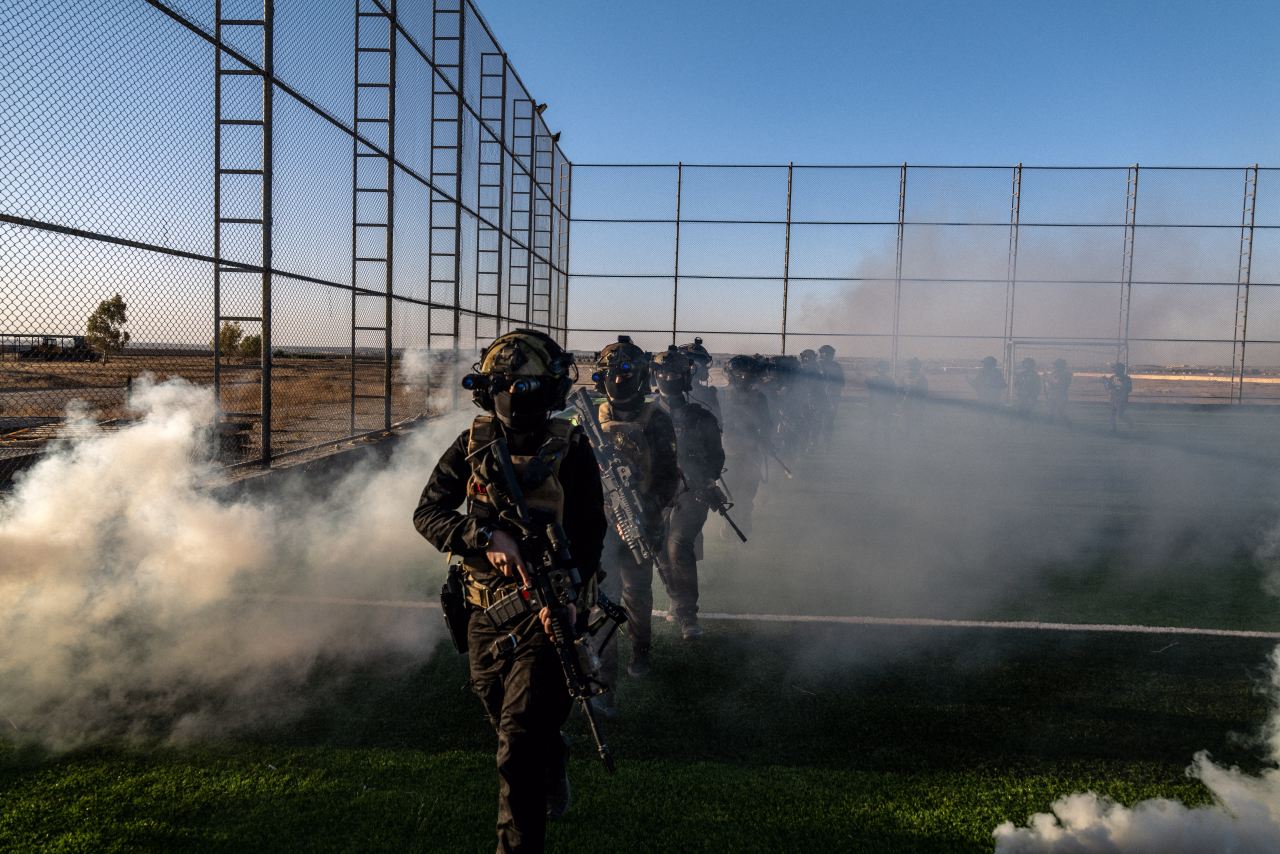The role of women in the fight against ISIS is being overshadowed in post-conflict Syria, where Kurdish female fighters are demanding recognition and a place in the new political landscape. As the Autonomous Administration of North and East Syria transitions under new governance, these women fear that the advancing Islamist values may undermine their rights and contributions.
Kurdish forces, particularly the Women’s Protection Units (YPJ), played a crucial role in the defeat of ISIS, significantly contributing to the liberation of territories in Syria. In March 2023, the Syrian Democratic Forces (SDF) celebrated the defeat of ISIS but concerns have since emerged regarding the future role of women in governance. The new political framework introduced by local governors raises alarms about the potential regression of women’s rights.
In recent years, the YPJ has empowered women to take on combat roles, challenging traditional gender norms in a region where such participation was once unthinkable. Many female fighters view their involvement not only as a means of defending their homes but also as a pathway to broader societal change. As one fighter stated, “We fought for our freedom and our rights, and we will not let anyone take that away from us.”
Despite the significant strides made, Kurdish women now find themselves in a precarious situation. The shift in governance poses a risk of returning to patriarchal systems that diminish women’s roles in society. The new governing bodies, influenced by conservative ideologies, could lead to legislative changes that threaten hard-won rights.
The United Nations has acknowledged the vital role women played in the fight against ISIS. Reports highlight that women not only fought on the front lines but also took on leadership positions within their communities. The SDF’s commitment to gender equality has been recognized internationally, yet the future remains uncertain as local governance structures evolve.
Kurdish women are actively advocating for their rights and representation in the new political framework. They demand inclusion in decision-making processes, emphasizing that their voices must be heard to prevent a regression in gender equality. Activists are urging international communities to support these efforts and ensure that the progress achieved is not lost in the political transition.
As the situation unfolds, the resilience and determination of these women serve as a beacon of hope. They continue to challenge the prevailing narratives and fight for a future where their contributions are valued and recognized. The fate of women in post-ISIS Syria hangs in the balance, and their struggle for equality and recognition remains a critical issue in the region.
The coming months will be pivotal in determining the extent to which Kurdish women can secure their place in the new Syria. Their fight is not only for their rights but also for the future of a society that aspires to be inclusive and equitable. As they stand firm in their convictions, the world watches closely, hoping that the lessons learned from the war against ISIS will pave the way for a more just society.
